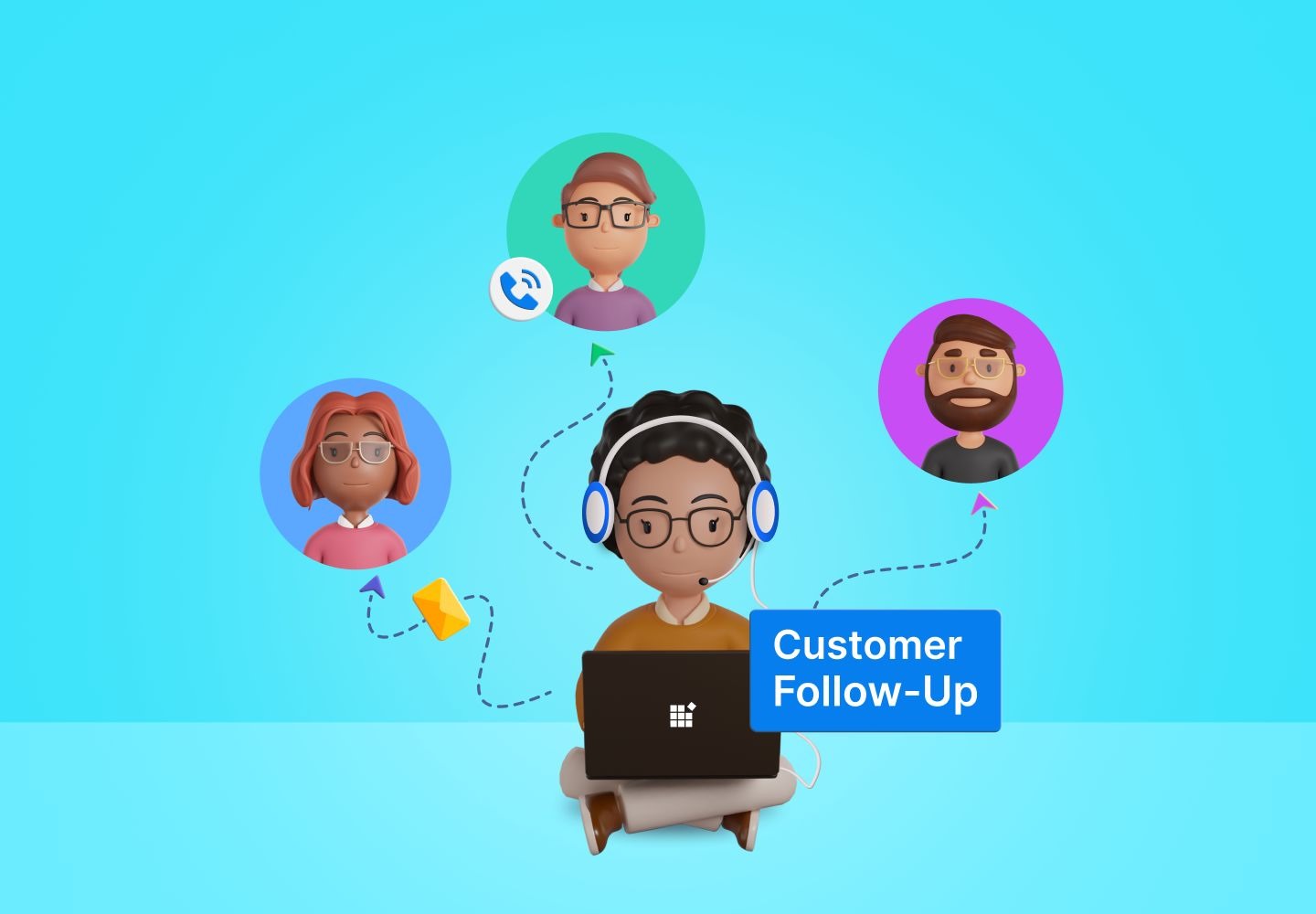Why Is a Customer Follow-up Important?

Following up with a client after a sale can help a business provide great customer service. Customers may be more loyal to companies that sell quality products or services and treat their customers respectfully. If you are a sales or marketing professional, learning why a customer follow-up is important can help you excel in your job. In this article, we discuss the potential benefits of follow-up messages, explain how to follow up with customers and provide tips.
Why is a customer follow-up important?
A customer follow-up allows a business to show appreciation for a customer's purchase and build a positive relationship with them. Here are some potential benefits of following up with a customer after a sale:
Improves customer experience
Following up with customers can help improve their experience with a product or service. If the customer had a positive experience, following up allows you to thank them for their business and let them know you appreciate their feedback. If the customer had a negative experience, following up allows you to apologize and make things right. Either way, following up helps to improve a customer's experience.
Deepens engagement
A customer who feels like you value their business is more likely to engage with a brand. They're also more likely to continue doing business with a company and recommend the products or services to others. You may even find that some previously unengaged customers become more engaged after you follow up with them.
Increases sales
Customers who feel a business has provided quality customer service are more likely to purchase from that business again. This results in increased sales and revenue for a business and may also improve customer loyalty. Customer feedback from following up can also help businesses improve their products or services, leading to increased sales. For example, if customers at a restaurant provide feedback saying that the service is slow, the staff can use that information to make changes that may improve the customer experience and encourage customers to return.
Generates referrals
Customers who are happy with their experience are more likely to refer a business to others. This word-of-mouth marketing can benefit businesses, as it's often more trusted than traditional marketing methods. Satisfied customers can act as brand ambassadors, helping to attract new customers and grow the business.
Increases customer retention
It can be more expensive to acquire new customers than to keep existing ones. Happy customers are typically less likely to switch to competitors, saving you the time and money to attract and train new customers. Following up with customers helps to improve customer satisfaction and retention rates.